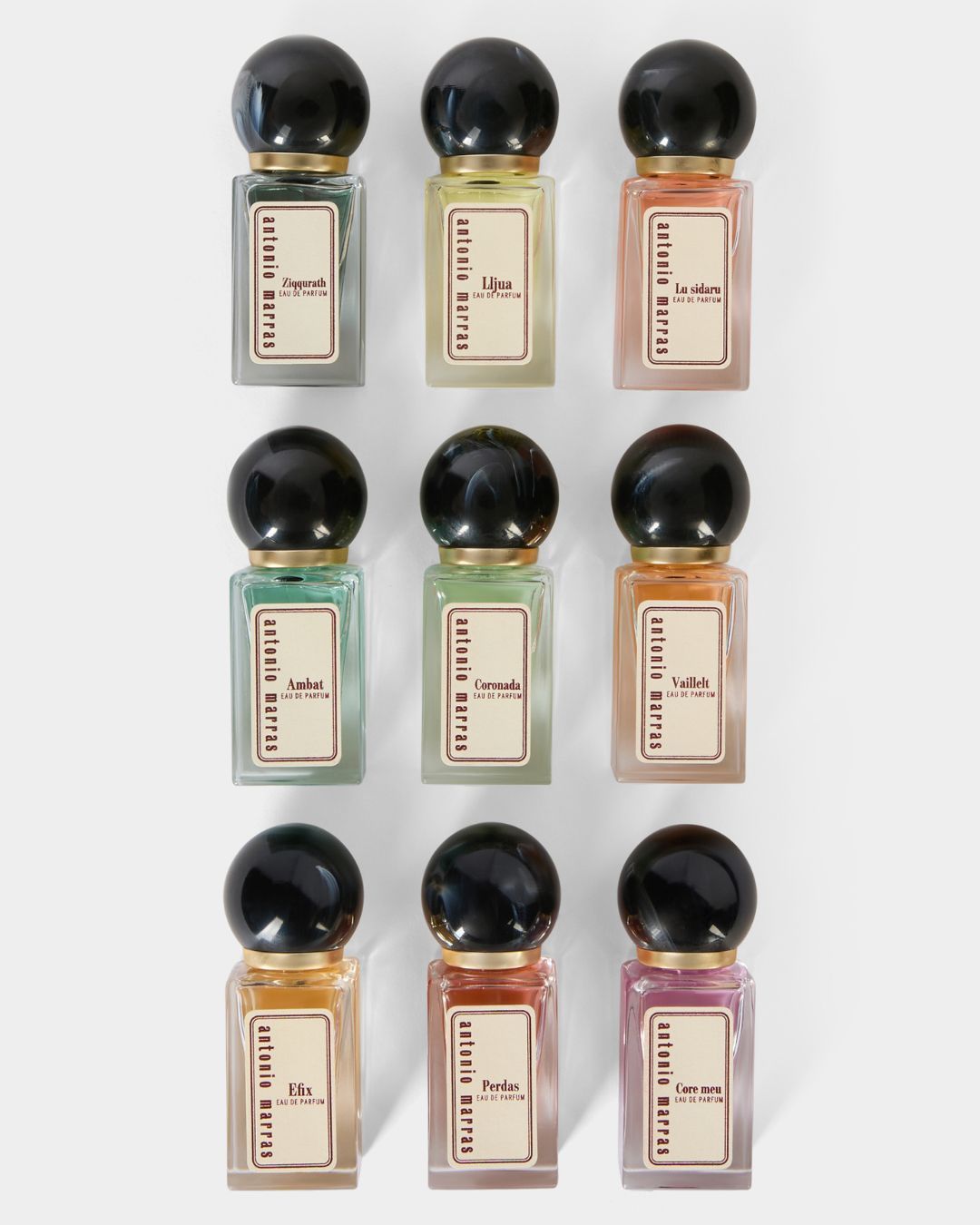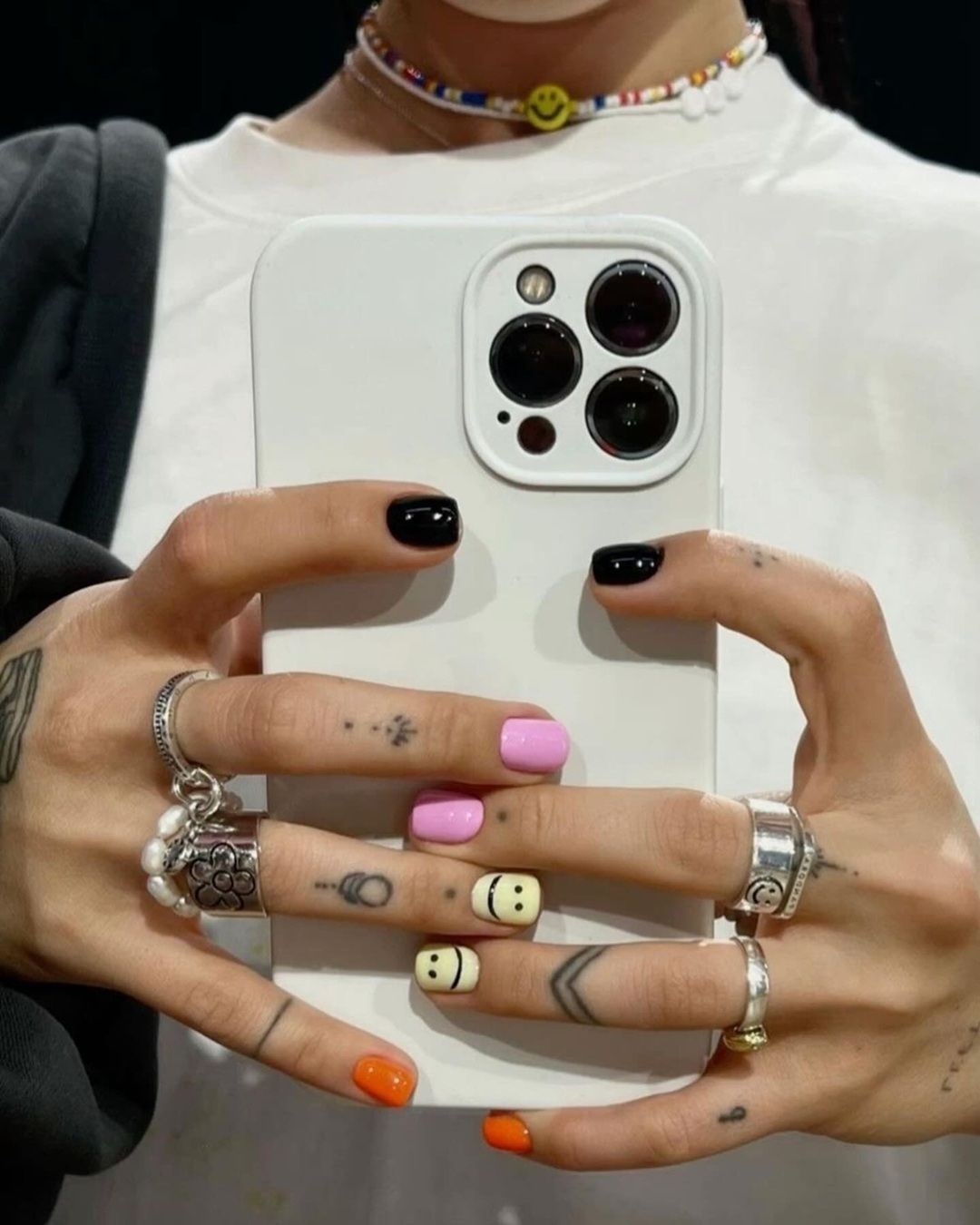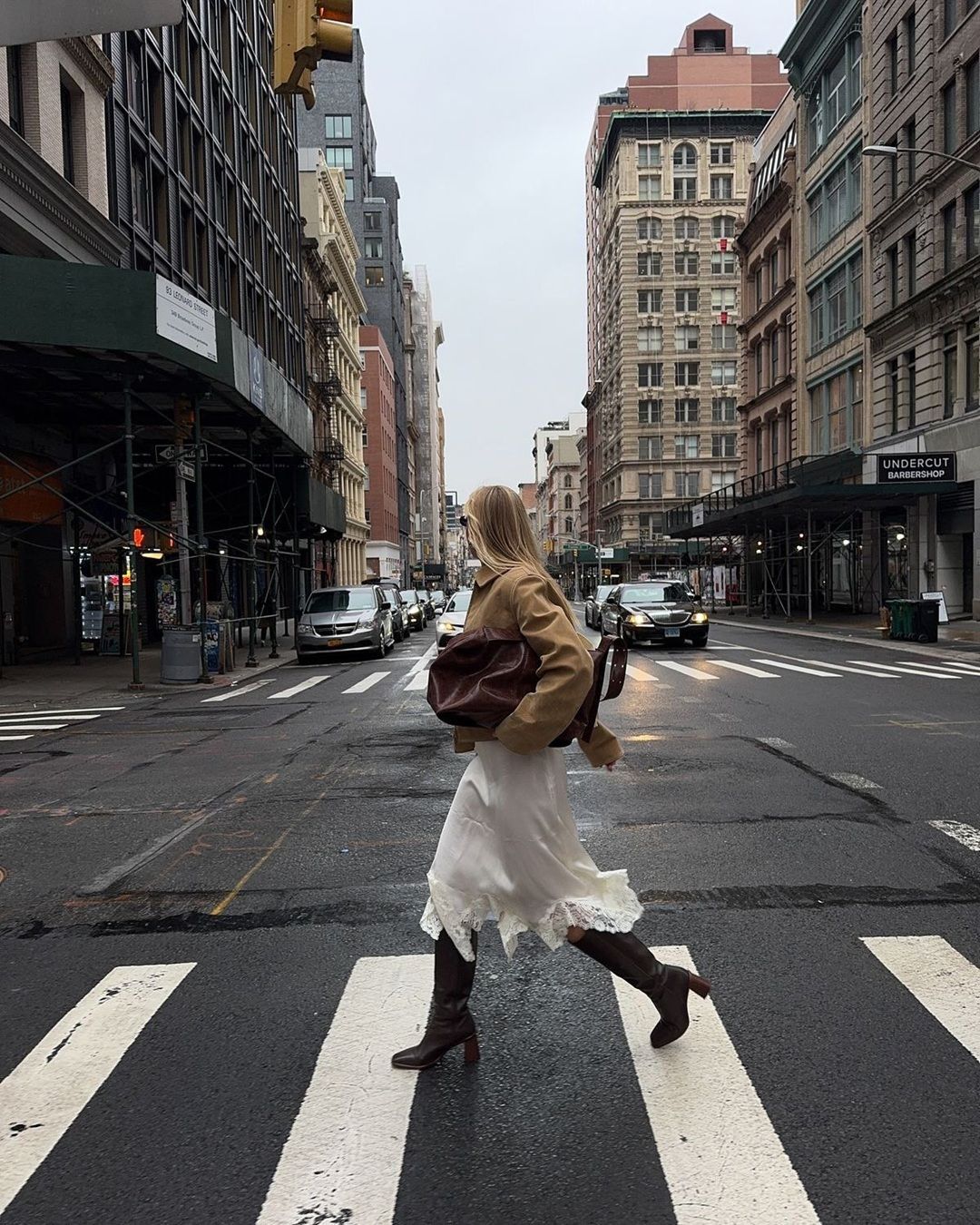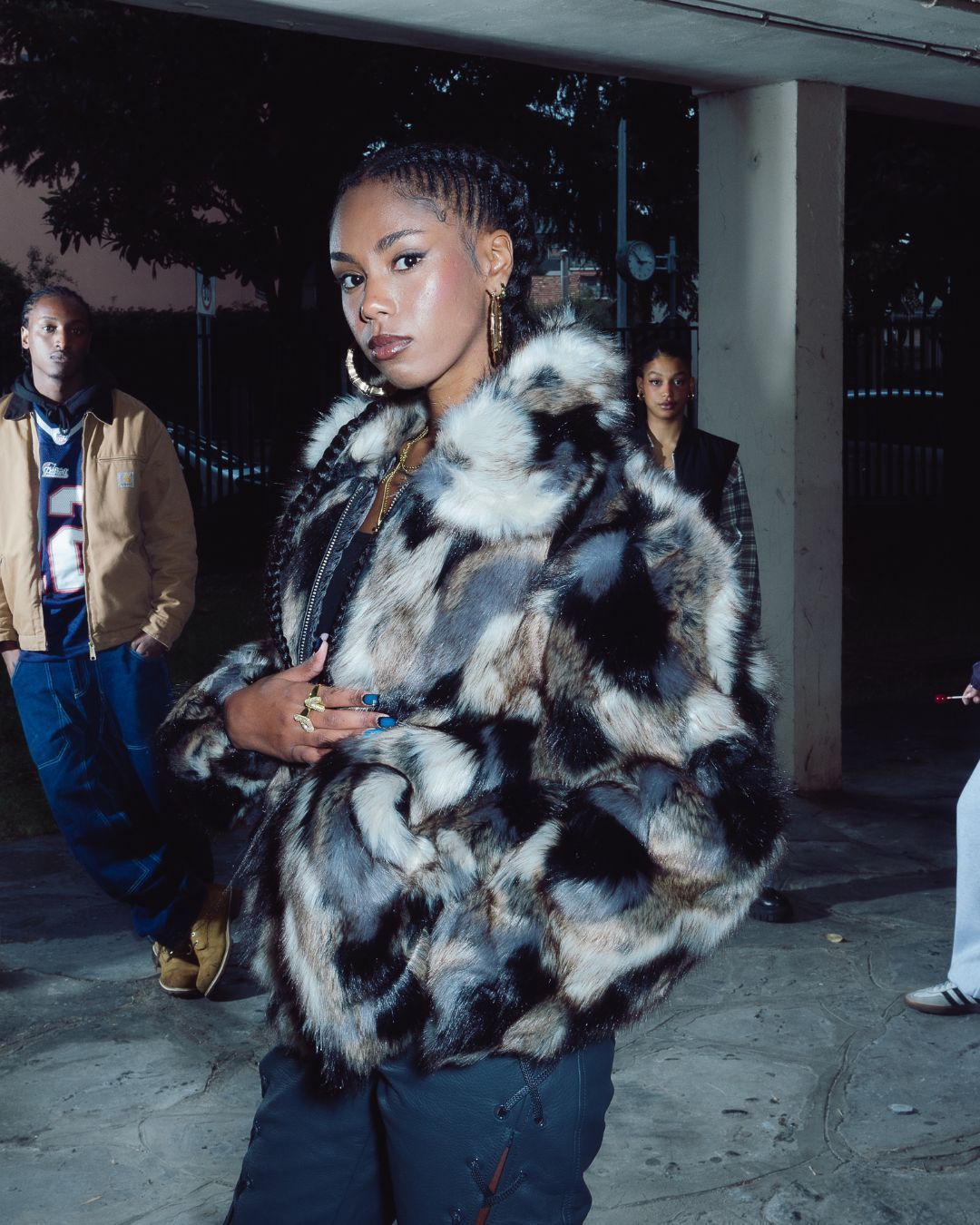
Nudes blocked on Instagram: what changes Instagram is developing "Nudity protection" feature to stop unsolicited nude photos in DMs
"We're working closely with experts to ensure these new features preserve people's privacy, while giving them control over the messages they receive." With these words shared in a note, a spokesperson for Meta, Instagram's parent company, confirms that they are developing a new feature that will allow users of the social to block unsolicited nude photos that are sent via direct messages. "Nudity protection" will have a mechanism similar to "Hidden Words," a feature launched by Instagram last year that automatically filters offensive messages that arrive in DM and, after recognizing them based on keywords, diverts them to a hidden folder so that users never have to see them. So, in the future, when we receive a nude photo, the software will recognize the intimate parts by automatically proceeding to obscure it. At this point it will be up to us to decide whether or not to view it. If we choose not to, the nude will be saved in a special folder other than DMs. To further safeguard users' privacy, Instagram additional form of privacy, the company will not view or share any of the nudes with third parties.
#Instagram is working on nudity protection for chats
— Alessandro Paluzzi (@alex193a) September 19, 2022
Technology on your device covers photos that may contain nudity in chats. Instagram CAN'T access photos. pic.twitter.com/iA4wO89DFd
Instagram's initiative is an attempt to promote a culture of consent and curb the phenomenon of what the British call "unsolicited pics," i.e., non-consensual sexting between partners, but unsolicited photos of genitals coming from strangers. In most cases to be affected are women who find themselves chatting with images of penises as a form of harassment or, worse, intimidation as shown by a Pew Research Center survey according to which 33 percent of women under 35 have experienced sexual harassment online. The problem is so widespread that according to a University College London study, out of 150 young people between the ages of 12 and 18, 75.8 percent have experienced cyber flashing, i.e., received unsolicited nude images. Instagram's "Nudity protection" follows the example of the Kingdom and California, which are trying to make unsolicited nude photos and other sexually explicit material received in online messages a criminal offense.

























































